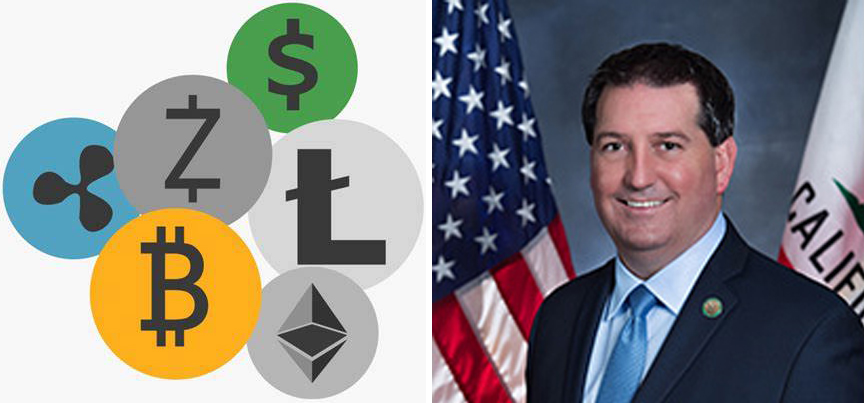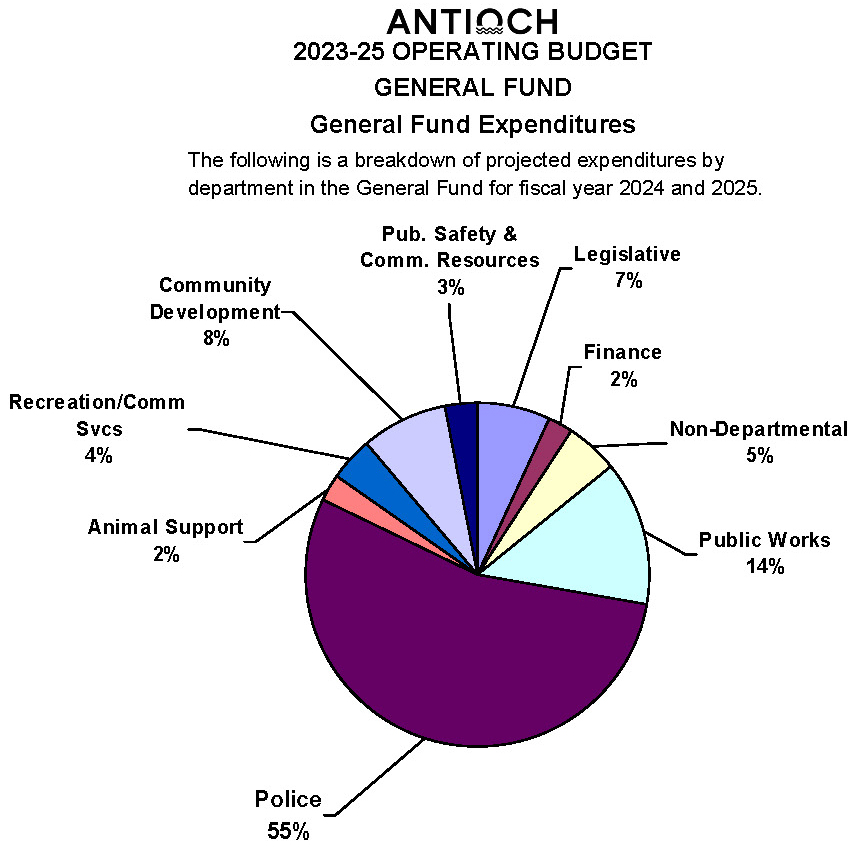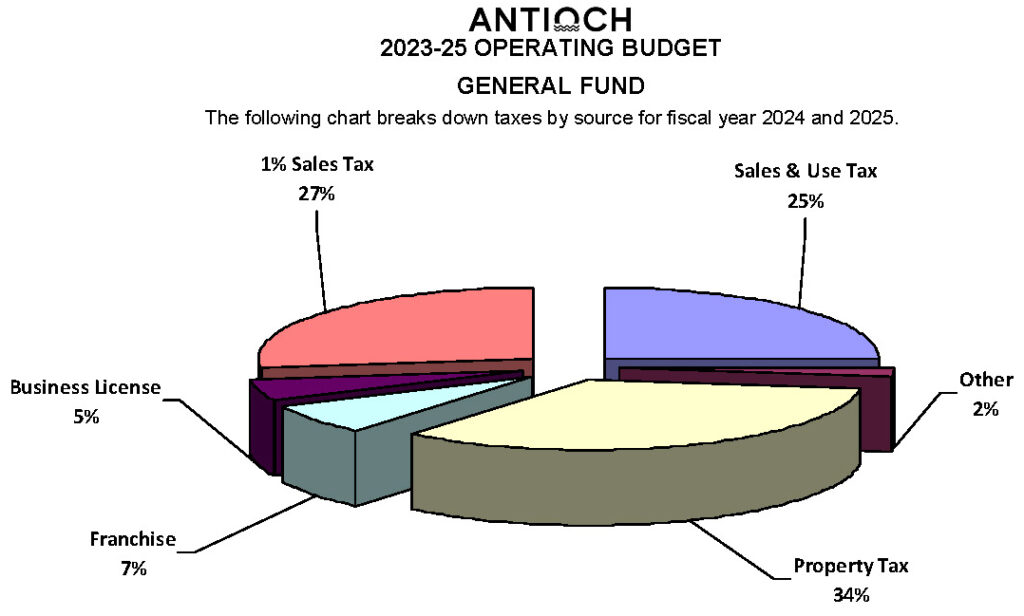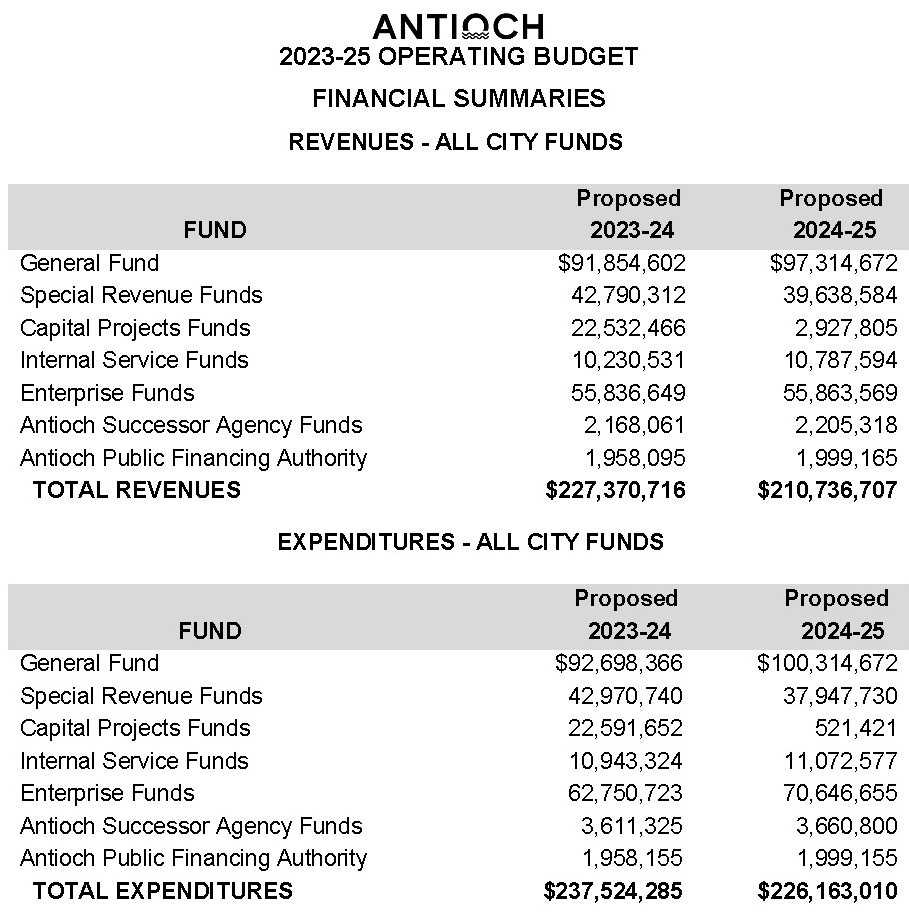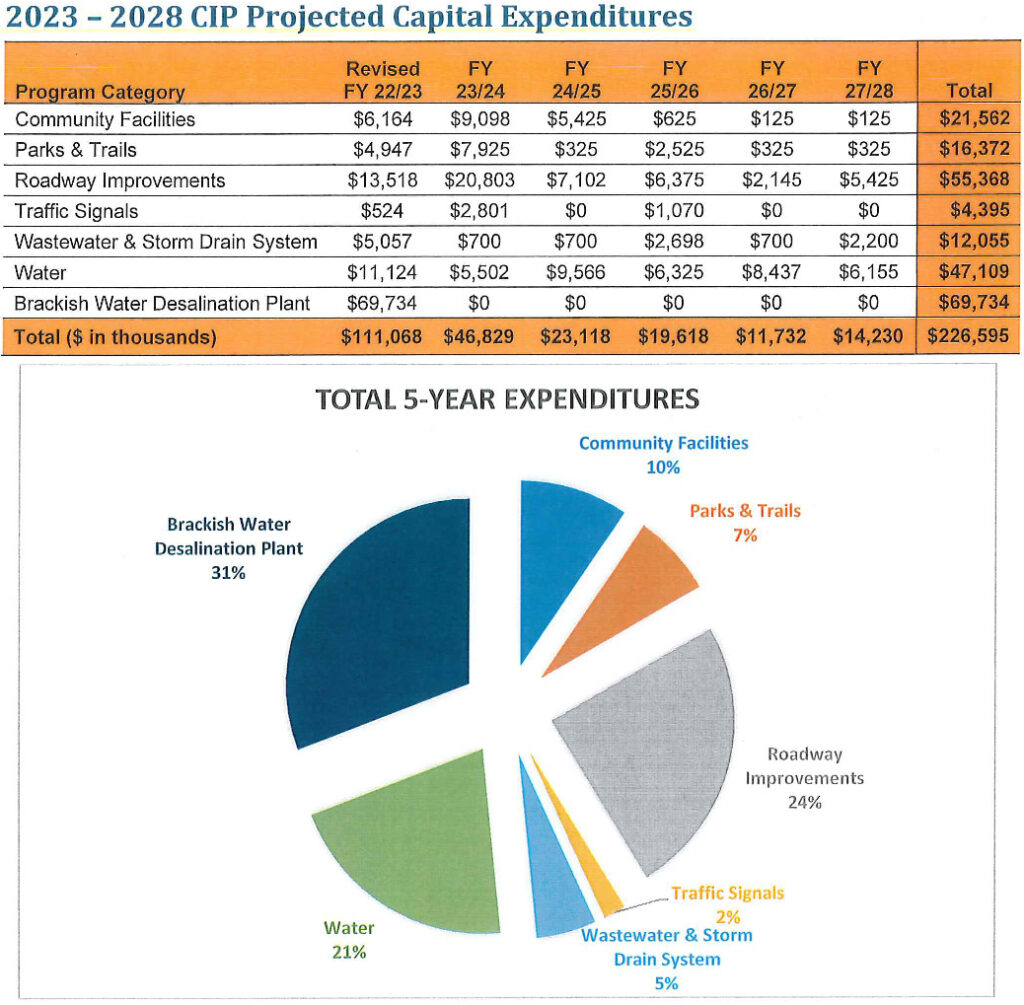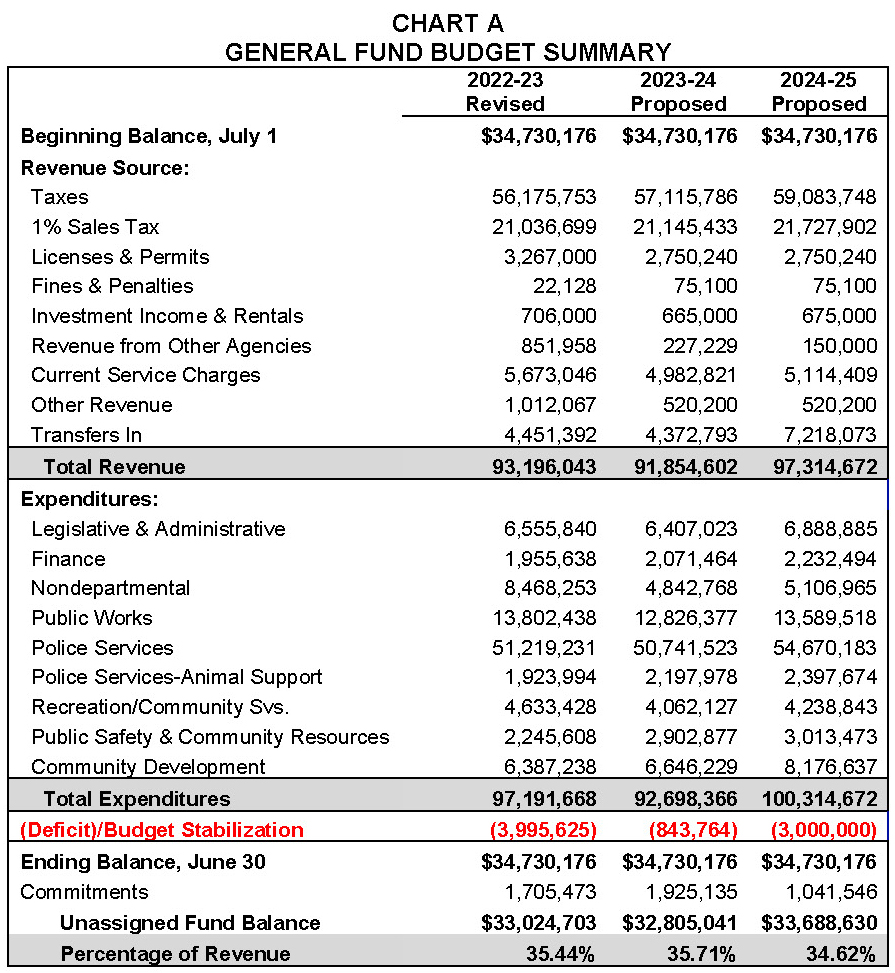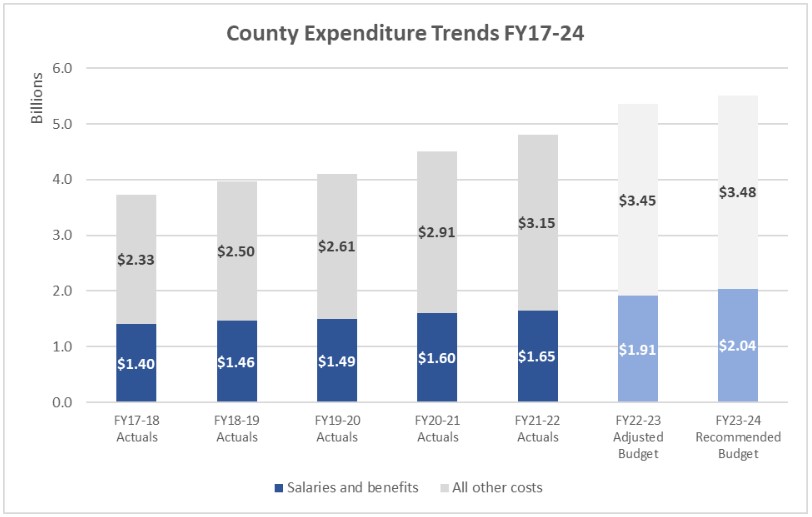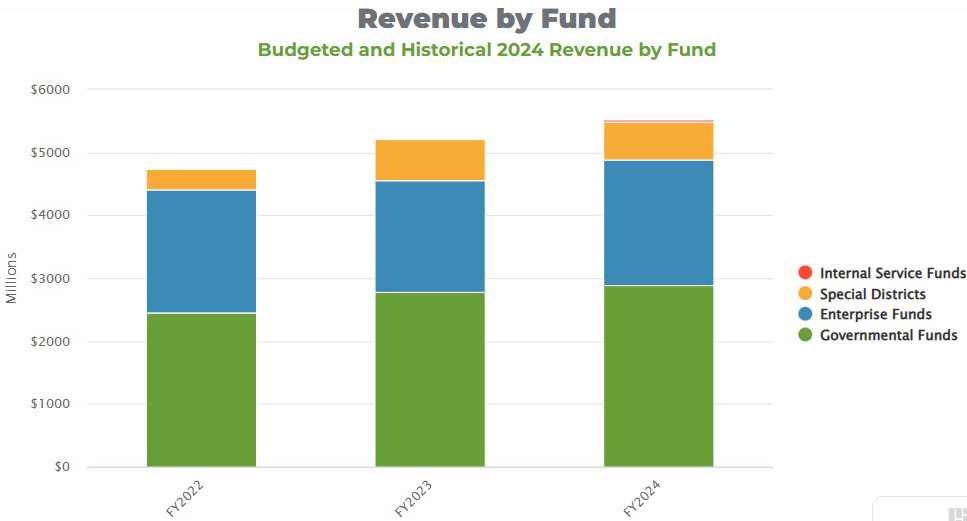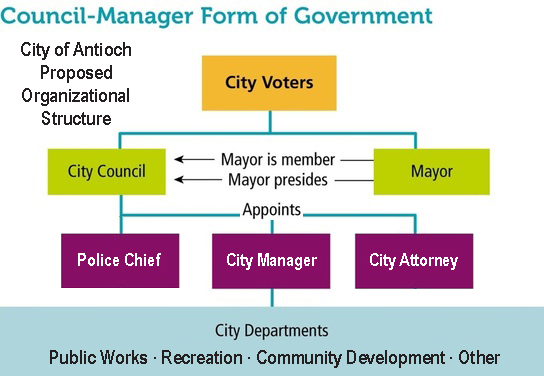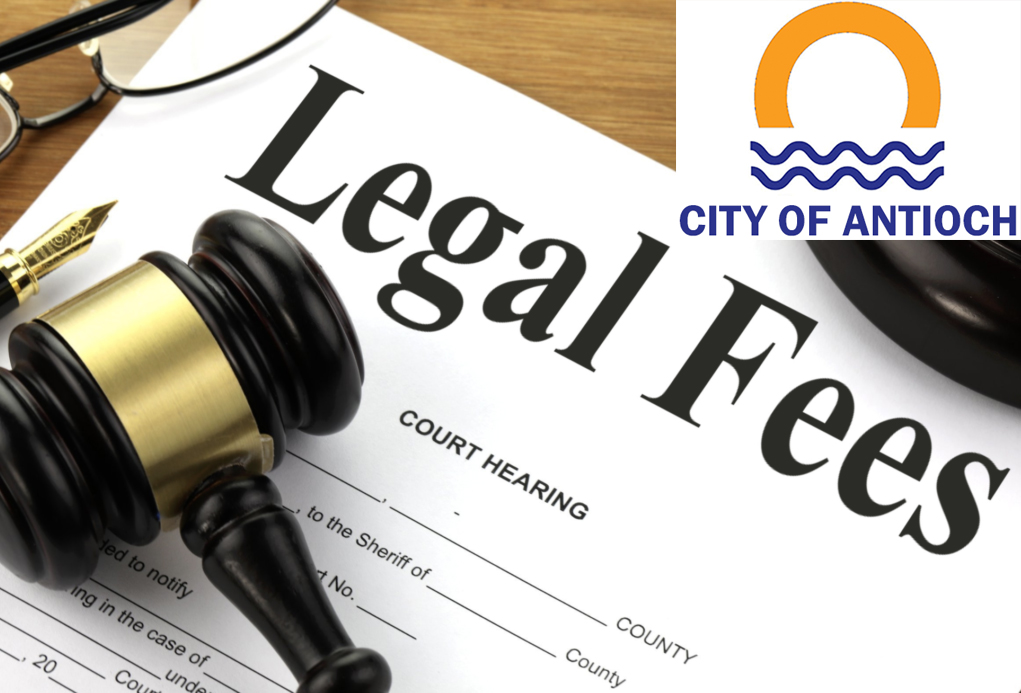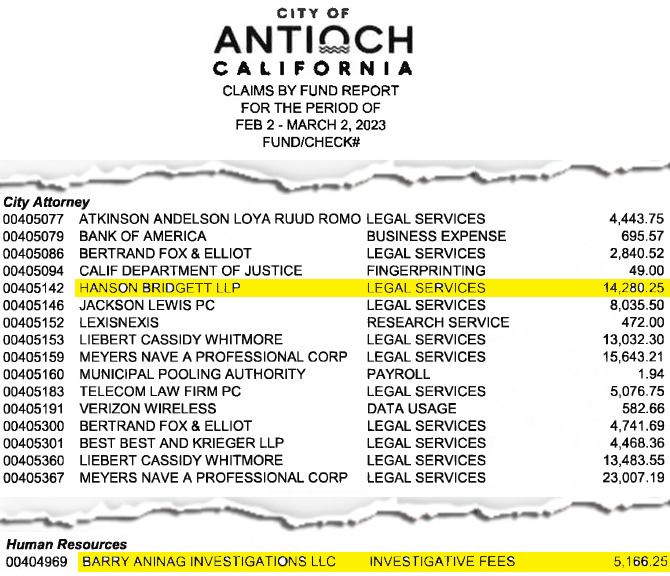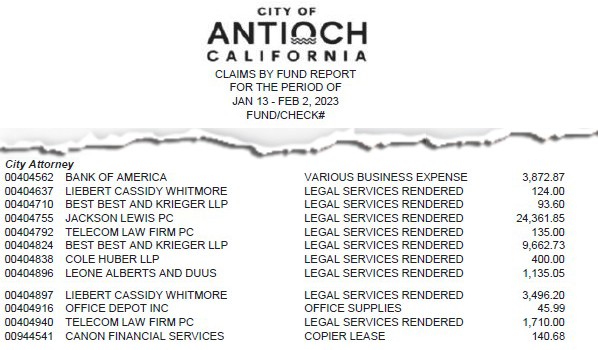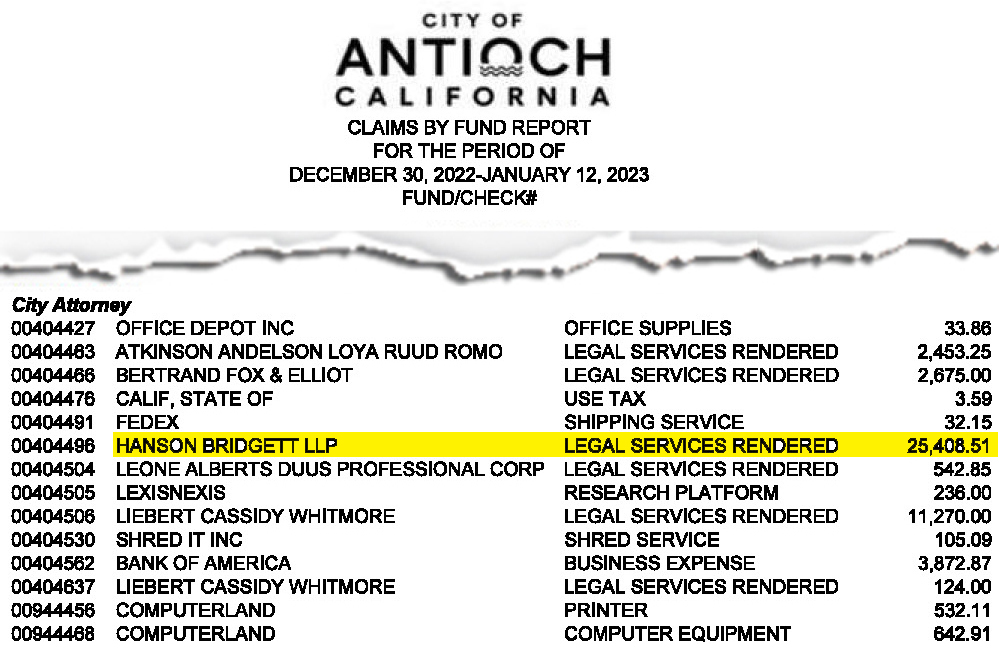MTC approves $776.2 million emergency transit operations funding plan from Senate Bill 125
Thursday, November 16th, 2023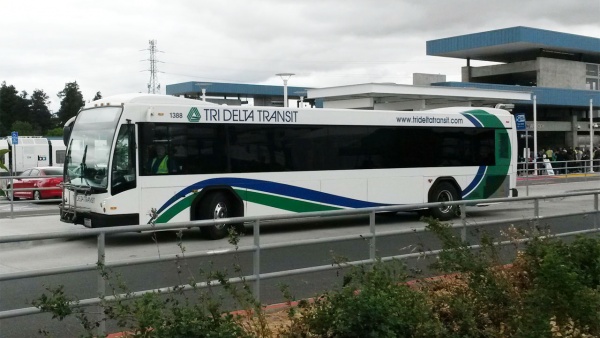
Includes $741,000 for Tri Delta Transit, $352 million for BART
Funding distribution still is subject to state approval
The Metropolitan Transportation Commission (MTC) on Wednesday, Nov. 15, 2023, approved an emergency transit operations funding plan that, if approved by the state, will use state and regional funds for transit operations to address Bay Area transit agencies’ most dire funding shortfalls and help them avoid service cuts.
Today’s action by the Commission approves the principles informing the funding distribution, the funding distribution framework, and regional accountability measures for funding from the Transit and Intercity Rail Program (TIRCP), Zero-Emission Transit Capital Program (ZETCP), and various regional funding sources according to the guidelines described in Senate Bill (SB) 125. The resolution also makes the transit agency boards’ acceptance of the accountability guidelines a requirement for receiving the funds. The actual distribution of the funds is subject to the submittal of these documents to the California State Transportation Agency (CalSTA) and CalSTA’s approval of the documents.
Distribution amounts will be reassessed annually to respond to changing conditions, and the disbursement of operating funds will be contingent upon transit agencies meeting or making significant progress toward a set of accountability requirements, including customer experience and efficiency enhancements.
For all agencies receiving emergency operating money, the accountability requirements will include participation in ongoing Transit Transformation Action Plan initiatives, and implementation of schedule coordination and real-time transit data improvements. Other accountability requirements are specific to individual operators and focus on safety and security, fare evasion reduction, and comprehensive service improvements.
Under this plan, MTC will contribute an additional $300 million in regional funds to help address the funding shortfall and to keep transit operational.
MTC will distribute funds according to the following framework:
| MTC will distribute funds according to this framework. | ||||
| Agency | FY24-25 | FY25-26 | Total ($) | Total (%) |
| SFMTA | $99,477 | $209,328 | $308,805 | 40% |
| BART | $58,211 | $293,837 | $352,048 | 45% |
| AC Transit | $4,000 | $28,569 | $32,569 | 4% |
| Caltrain | $0 | $25,449 | $25,449 | 3% |
| Golden Gate Transit | $2,838 | $38,263 | $41,101 | 5% |
| Other Operators | $4,661 | $9,574 | $14,235 | 2% |
| ACE | $1,777 | $1,829 | $3,605 | n/a |
| ECCTA (Tri Delta Transit) | $503 | $238 | $741 | n/a |
| LAVTA | $897 | $1,392 | $2,289 | n/a |
| NVTA | $1,485 | $966 | $2,450 | n/a |
| SolTrans | $0 | $2,036 | $2,036 | n/a |
| WestCAT | $0 | $3,113 | $3,113 | n/a |
| Regional Network Management | $2,000 | $0 | $2,000 | 0% |
| Bay Area Total | $171,187 | $605,020 | $776,207 | 100% |
Amounts shown in thousands ($1,000)
In June, Gov. Newsom signed into law California’s fiscal 2023-24 state budget, which includes $1.1 billion in flexible transportation funding to help support transit operations. The state investment will help transit agencies avoid a near-term ‘fiscal cliff’ that has resulted from the COVID-19 pandemic and associated changes in travel patterns and that likely would have led to deep service cuts as early as this year by Muni, BART and other agencies whose fare revenues remain well below pre-pandemic levels.
SB 125 also requires that MTC collect and summarize data from transit operators on a variety of topics, including expenditures on safety, opportunities for enhanced coordination and improvements, and monthly ridership statistics. MTC by June 30, 2026, must submit a Long-Term Financial Plan that demonstrates the implementation of ridership recovery strategies and provides a five-year operating funding outlook.
In order to meet the December 31, 2023, deadline to submit materials to CalSTA, staff will return to the Commission in December to request adoption of the Short-Term Financial Plan. MTC will receive FY2023-24 SB 125 funds no later than April 30, 2024, and will be eligible to receive FY2024-25 funds early in that fiscal year, pending CalSTA’s review of MTC’s allocation package.












